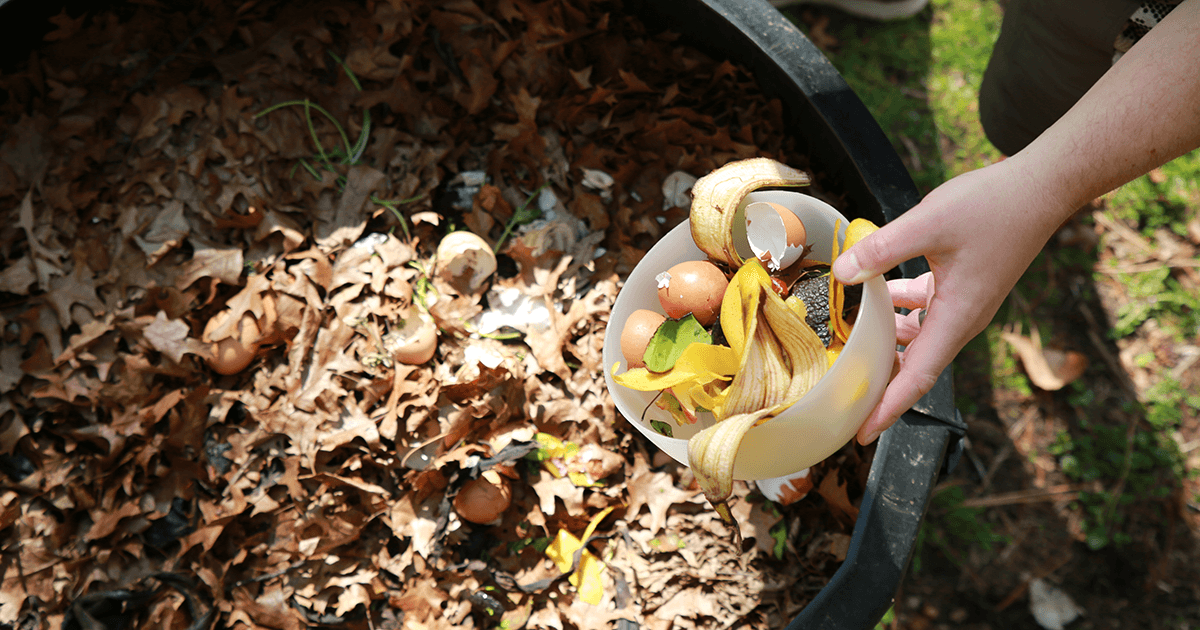Composting for the river

(Photo by MPCA)
As any good gardener or farmer knows, there's dirt, and then there's soil. Rich, dark soil is made up of a mixture of decaying plant and animal cells, beneficial microbes and other components that together create a welcoming environment for a healthy network of plants, invertebrates and fungi.
Good soil doesn't only improve crop and vegetable yields. Soil with more organic matter, or compost, actually holds on to significantly more water, which means that a heavy rain won't cause as much runoff, and a dry spell won't leave plants as parched. This infographic from the Institute for Local Self-Reliance explains it all: "When added to soil, compost can filter out urban stormwater pollutants by an astounding 60-95%."
What you can do
Some counties offer food scrap recycling programs, which are a great option if you don't want to make your own compost, but still want to offer your food waste to a good cause. Counties often offer free finished compost at yard waste sites as well.
How can you make your own compost? For a full tour of the basics of making and using compost in your yard, including what to compost, check out these guides from Do It Green! and the U of M Extension.
To start composting in your yard, you can build your own bin or buy one ready-made.
DIY compost bins
These guides from the Minnesota Pollution Control Agency can help you get started with building your own compost bin:
• Build your own compost bin
• Wood pallet compost bin
Or you can buy a ready-made compost bin.
More resources
• Do It Green!'s introduction to worm composting
• The Institute for Local Self-Reliance
• Minnesota Composting Council
Landscape for the river
Dig into more tips to help protect the river right from your own backyard.